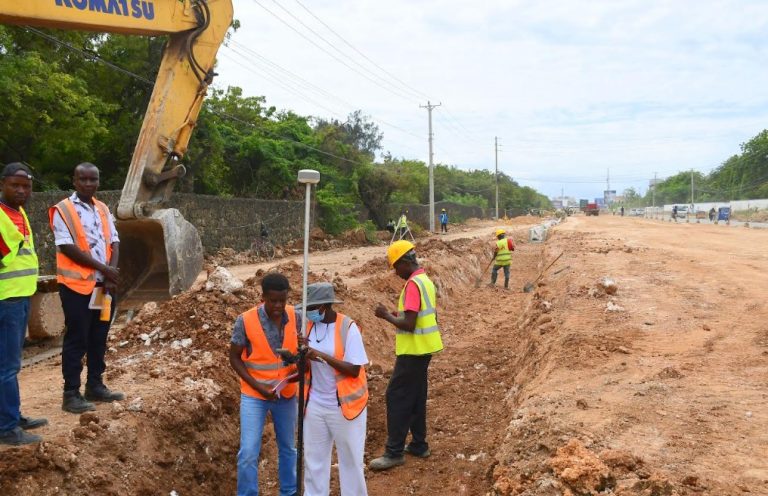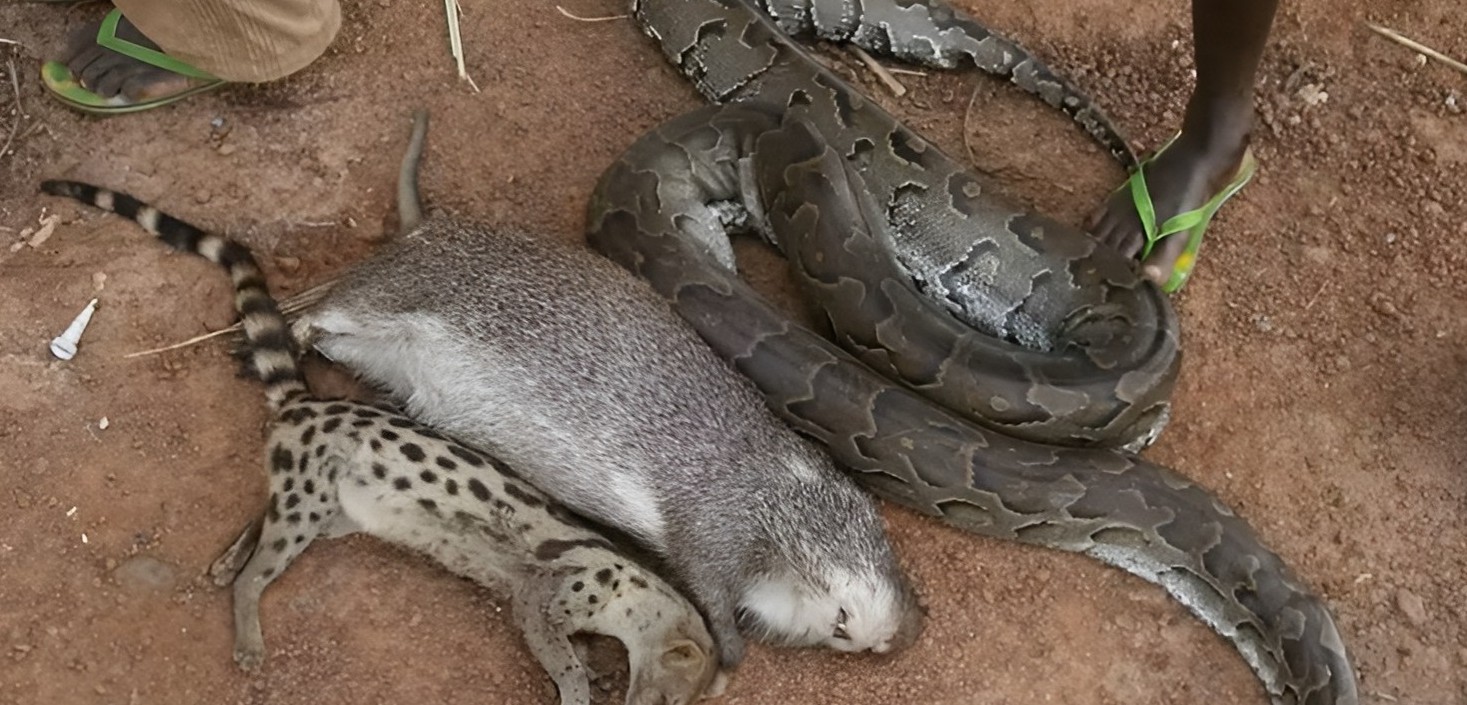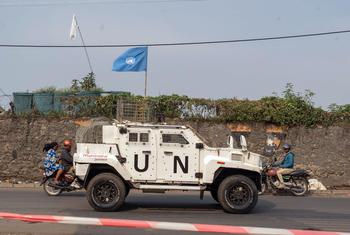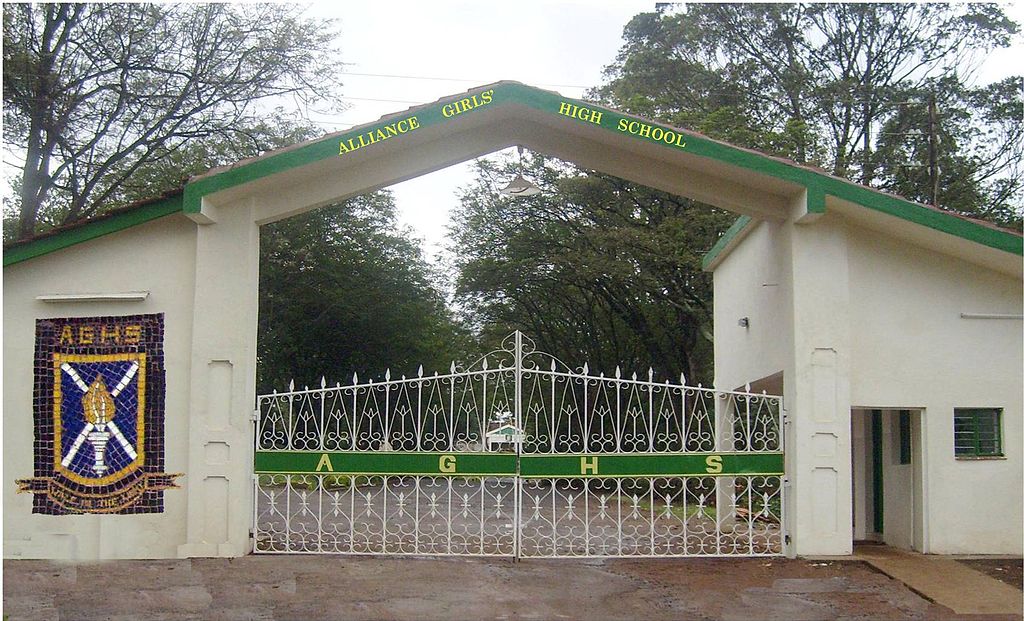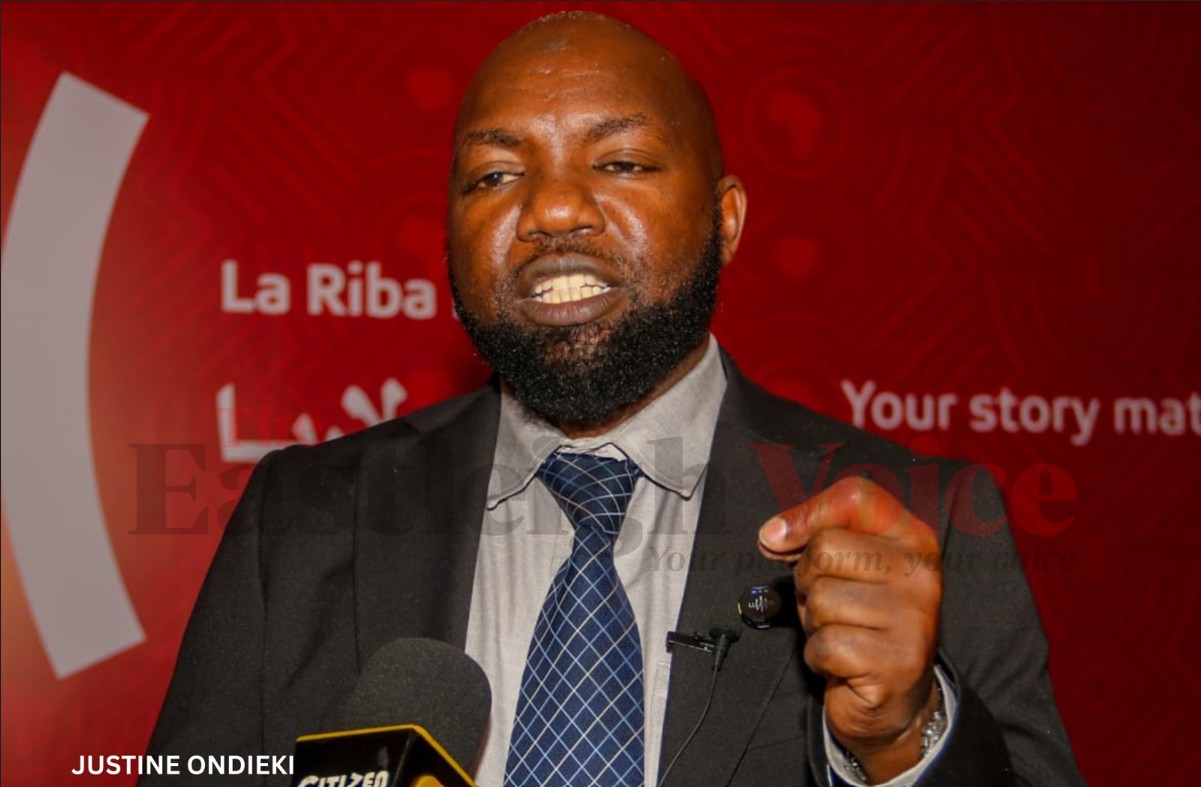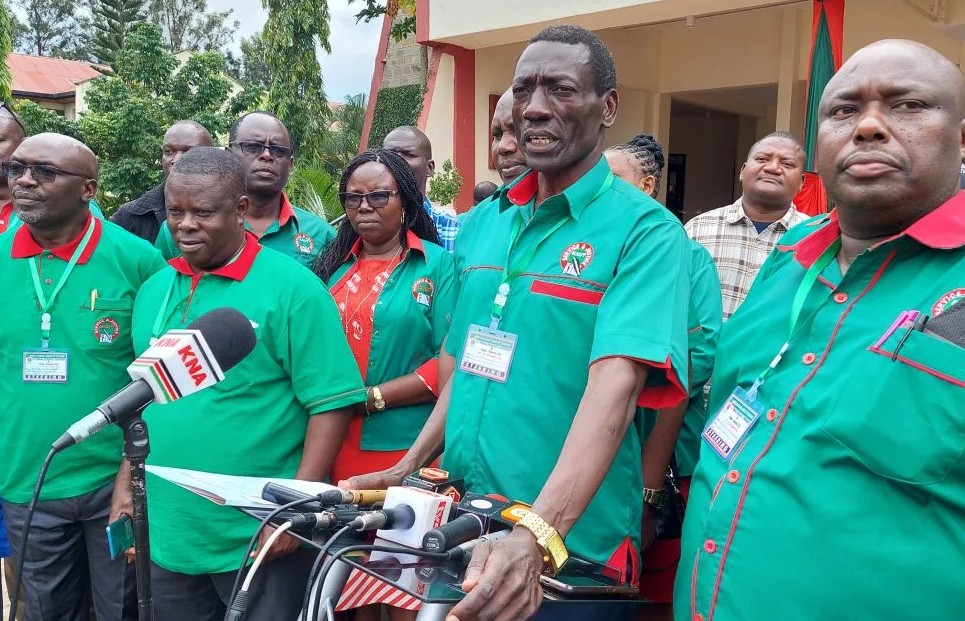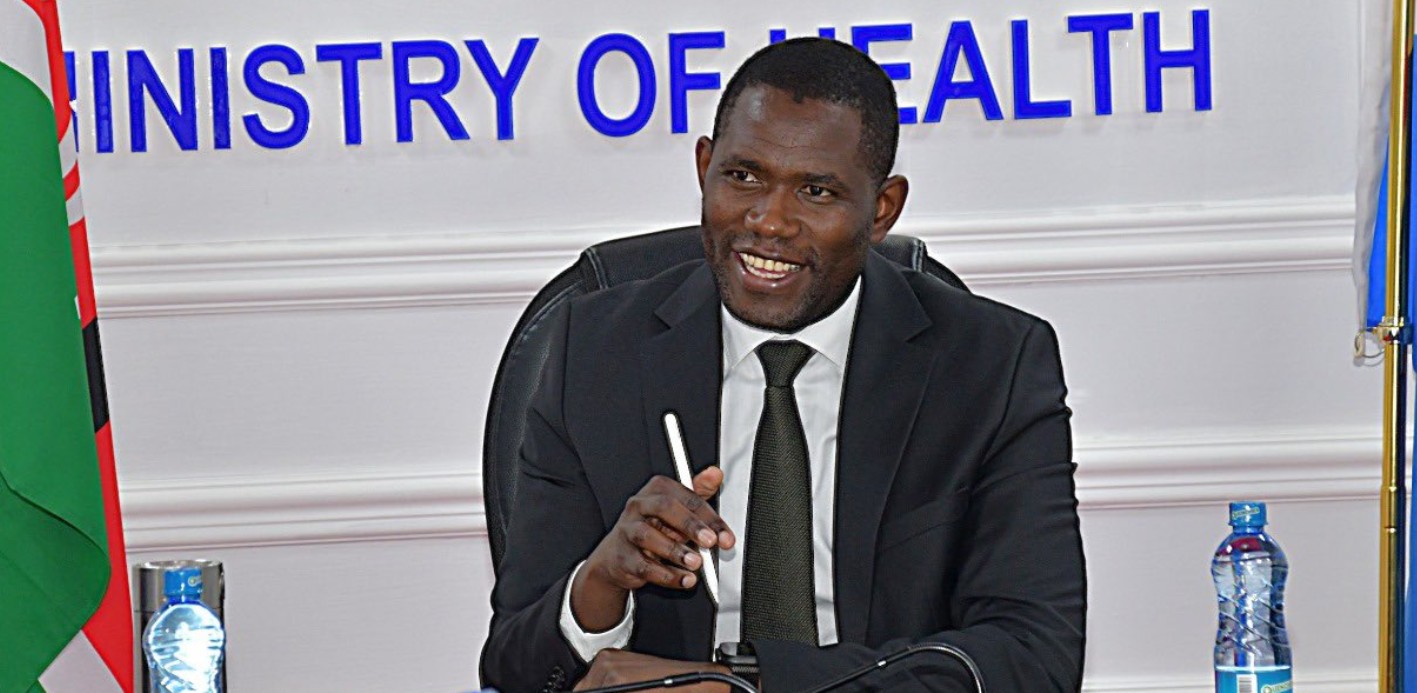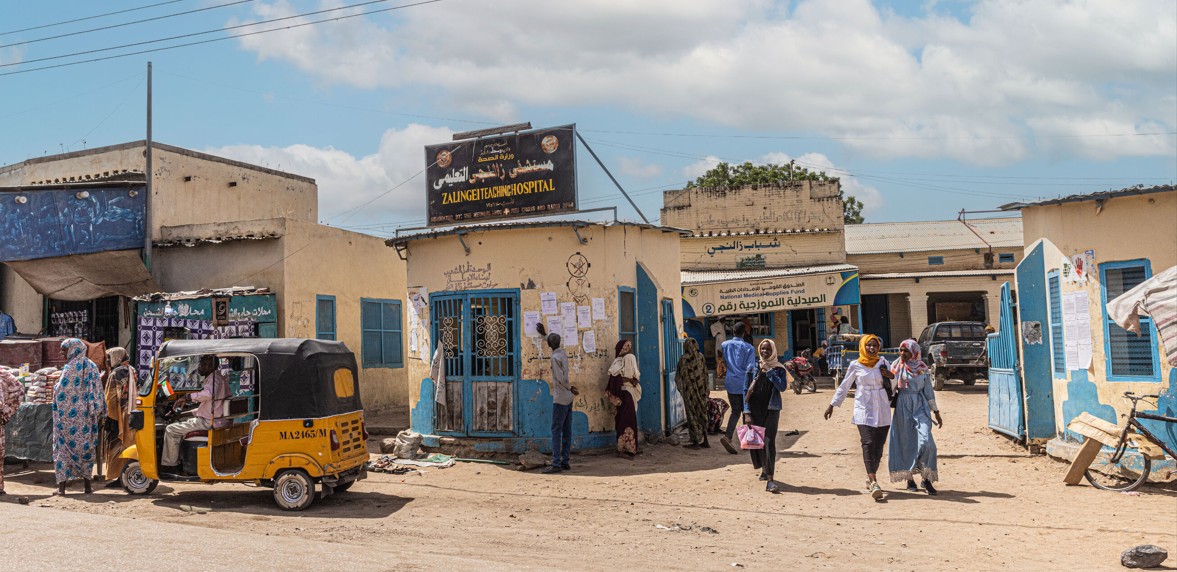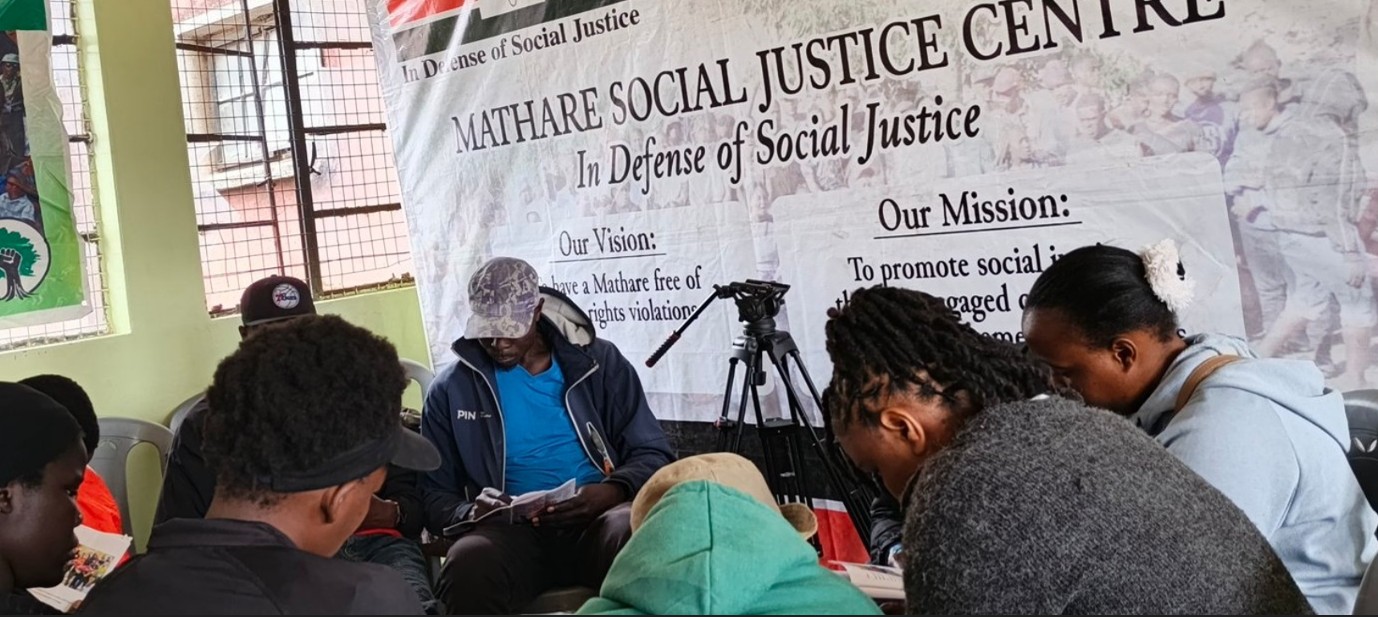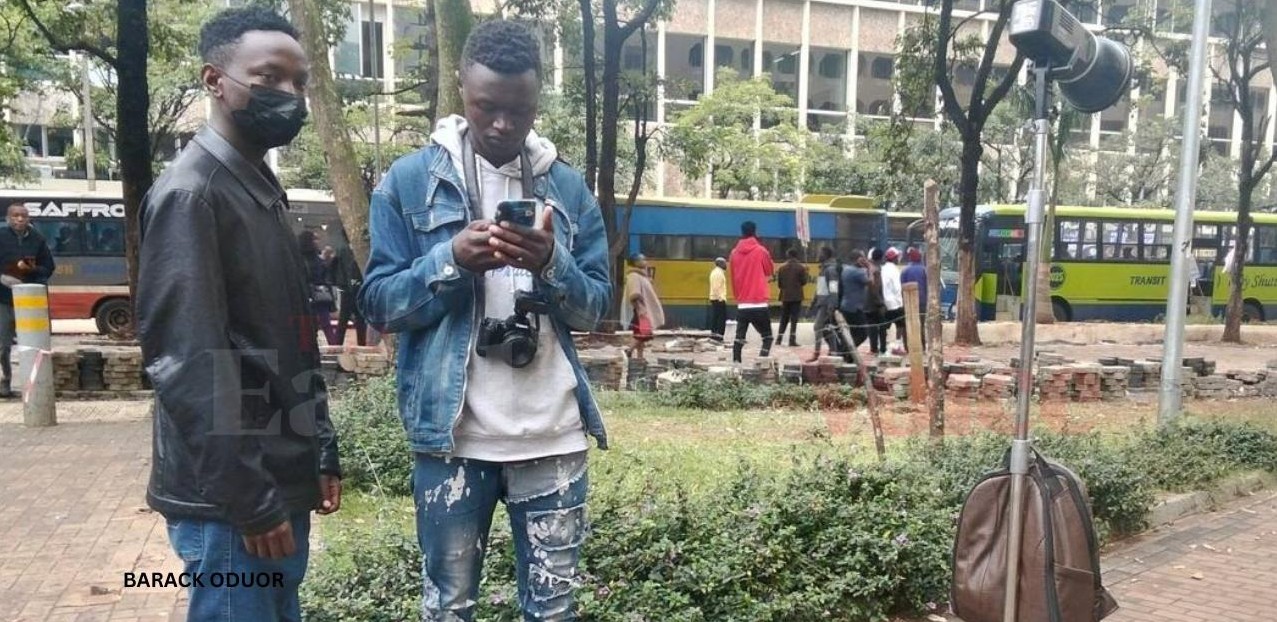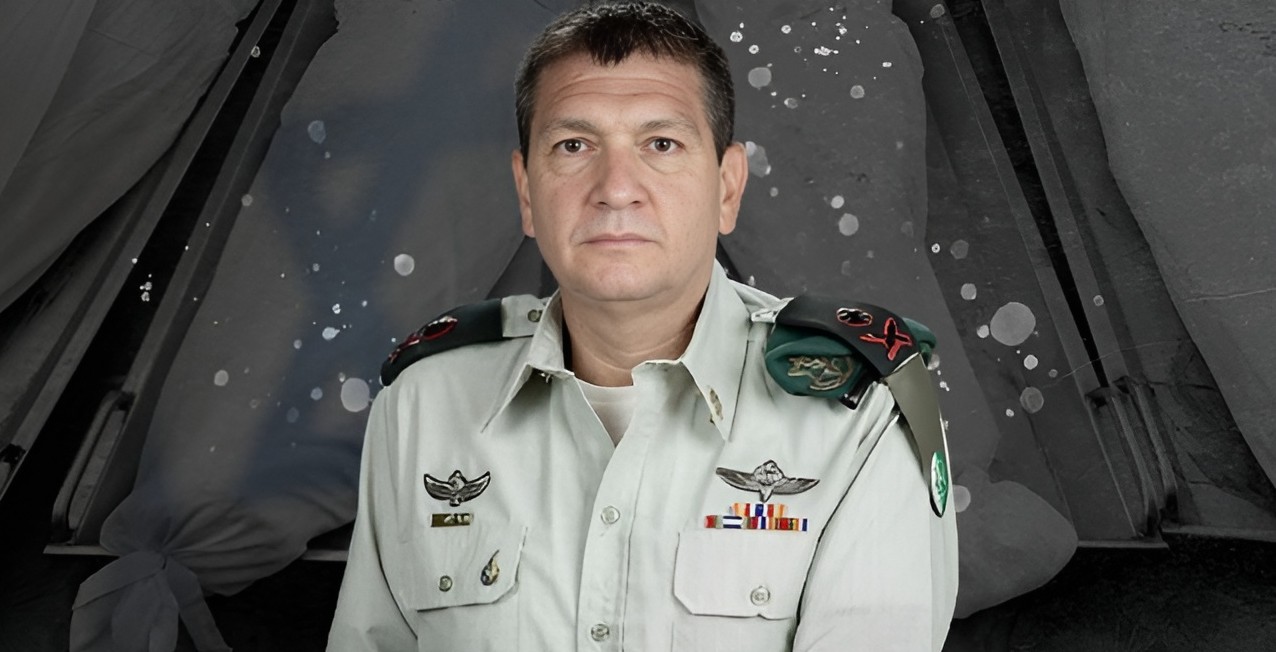Reclaimed Nairobi River land will not be encroached again - Kindiki vows
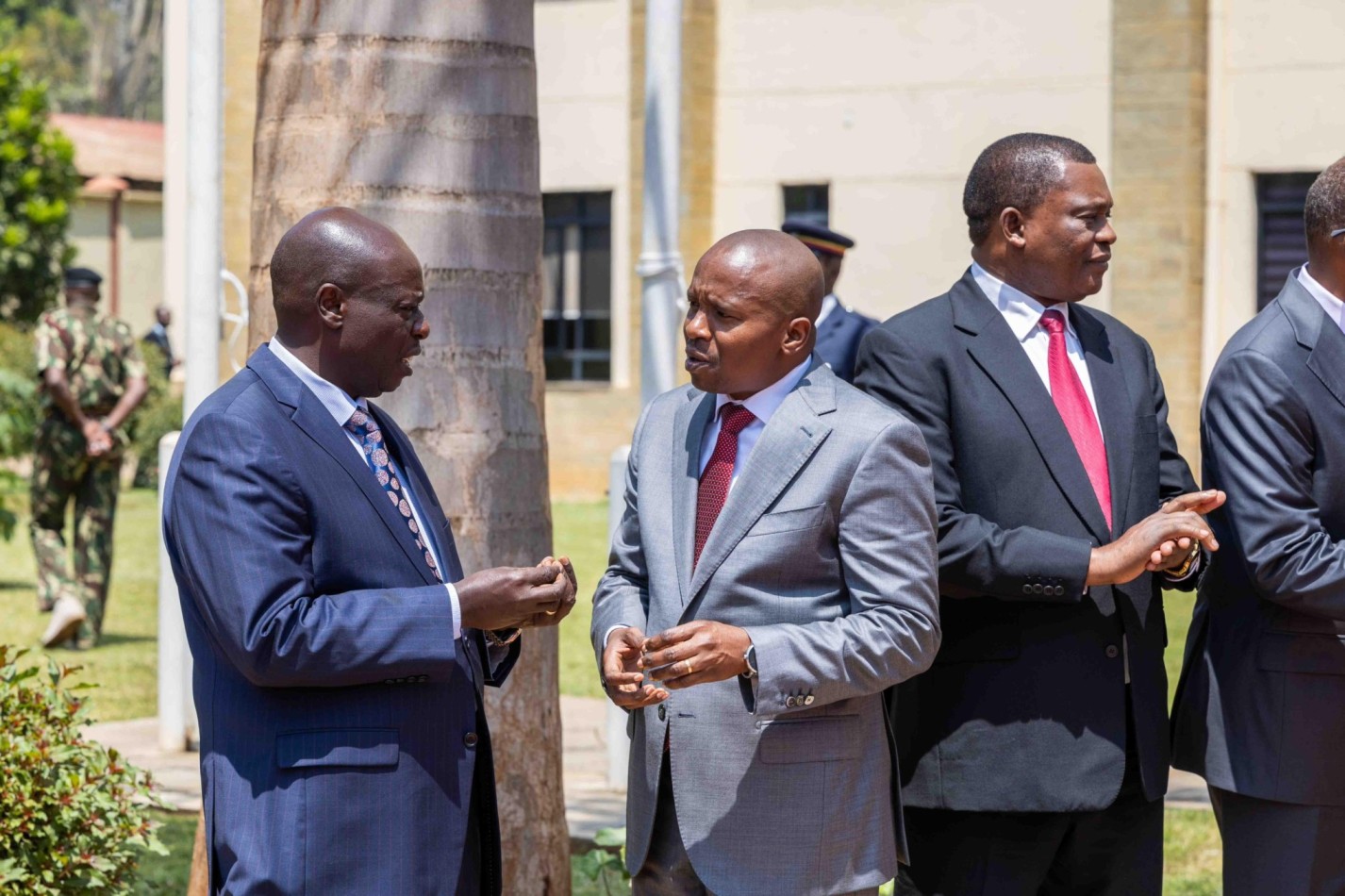
Interior Cabinet Secretary Kithure Kindiki has vowed that reclaimed land along the Nairobi River corridor will not be re-encroached.
Speaking on Monday, Kindiki stated that the government is taking the Nairobi River cleaning and regeneration exercise seriously and that his ministry, which is in charge of security, will ensure the protection of the water body's corridor.
More To Read
- Renewed hope for Nairobi River as thousands of youth drive clean-up exercise
- Lands CS Wahome defends demolitions along Nairobi River amid claims of bias
- Kangemi residents move to court to stop eviction for affordable housing project
- Moses Kivevu: Farming hero feeding Kiambiu slum against all odds
- Gikomba traders move to court to stop eviction aimed at paving way for Ruto's housing project
- Slum residents oppose eviction plans amid flooding risk, demand compensation first
The CS insisted that no one will be allowed to re-encroach in the cleared spaces because it poses a danger to public safety and security.
"Today, we are very proud we have cleared that corridor, and we have given clear instructions to all agencies, including the National Police Service. Nobody will be allowed to re-encroach those dangerous places because doing so will be detrimental to public safety and security," Kindiki said during a meeting with village elders, assistant chiefs and the chief at the Kenya School of Government in Lower Kabete, alongside President William Ruto and his deputy, Rigathi Gachagua.
"This project, as much as it is an environmental project, is also a national security project. We are not taking it lightly, and for us in this space as security managers, we will firmly and resolutely ensure the corridor is protected from encroachment as other agencies come to regenerate the corridor and clean it so that our people can have a clean environment," he added.
At the same time, the Interior boss asked leaders to stop politicising the Nairobi Rivers cleaning and regeneration exercise.
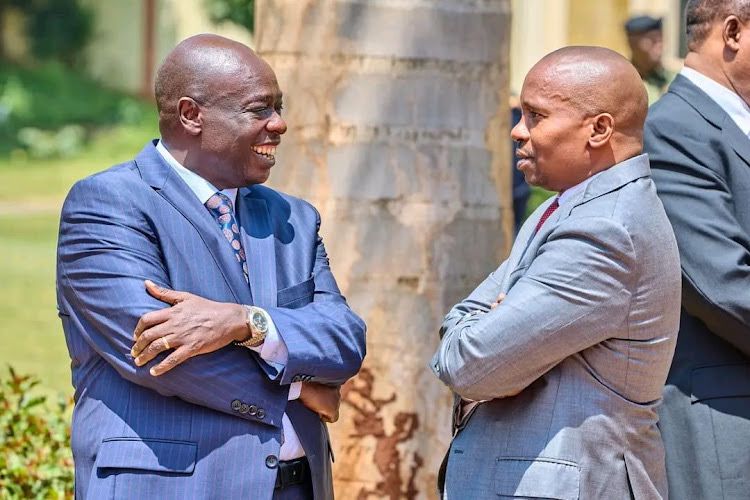 DP Rigathi Gachagua and Interior CS Kithure Kindiki interact at a meeting with village elders, assistant chiefs and the chief at the Kenya School of Government in Lower Kabete on Monday, September 16, 2024. (Photo: Handout)
DP Rigathi Gachagua and Interior CS Kithure Kindiki interact at a meeting with village elders, assistant chiefs and the chief at the Kenya School of Government in Lower Kabete on Monday, September 16, 2024. (Photo: Handout)DP Rigathi Gachagua and Interior CS Kithure Kindiki interact at a meeting with village elders, assistant chiefs and the chief at the Kenya School of Government in Lower Kabete on Monday, September 16, 2024. (Photo: Handout)
Kindiki added that cleaning the Nairobi Rivers is a national security matter and an irreversible process, being done for the sake of the current and future generations.
"We urge that nobody politicise or bring in other issues regarding the cleaning of the Nairobi River. It is irreversible; it is a national security matter, and we are not turning back," Kindiki said.
"We are doing this not for politics; we are doing this for the sake of the country and for the present and future generations.," he added.
The CS noted that even as the country steps up the fight against climate change, Nairobi suffers the most pollution.
He added that the Nairobi River and its entire ecosystem pose a significant risk to the health of Kenyans upstream and downstream.
Last week, President Ruto launched the Nairobi River Regeneration Project aimed at cleaning up the Nairobi River.
He also launched the Climate Resilience Service Programme (CRSP), a transitional employment programme aimed at fostering climate resilience by engaging the unemployed youth in the country.
Ruto said the programme will be part of Climate WorX Mtaani, which aims to recruit at least 200,000 youths from 47 counties.
The programme will advance sustainable public projects in urban areas, emphasising improvements in infrastructure, environmental conservation, and housing.
The initial phase of the CRSP will begin in Nairobi County, specifically along the Nairobi River. This phase will be overseen by the Nairobi River Commission and will concentrate on strict environmental enforcement.
 President William Ruto launches the Nairobi River Regeneration Project in Korogocho, Nairobi, on Thursday, September 12, 2024. (Photo: PCS)
President William Ruto launches the Nairobi River Regeneration Project in Korogocho, Nairobi, on Thursday, September 12, 2024. (Photo: PCS)President William Ruto launches the Nairobi River Regeneration Project in Korogocho, Nairobi, on Thursday, September 12, 2024. (Photo: PCS)
"We are going to hire 20,000 youth to work on the 42km stretch of the Nairobi River to clean and restore it. I urge you to apply through www.crsp.go.ke for a chance to secure these jobs," Ruto announced.
Kenyans above the age of 18 across all counties are eligible for the programme, with each cohort serving for a period of one year.
Each year, the government will recruit a new cohort. The government has set the one-year duration to give the youth enough time to work and plan their next steps in life.
During the engagement period, the youth will not only participate in the work programme but will also receive life skills training.
A multi-agency approach will be adopted among the implementing partners, with strong collaboration between the national and county governments.
Top Stories Today
